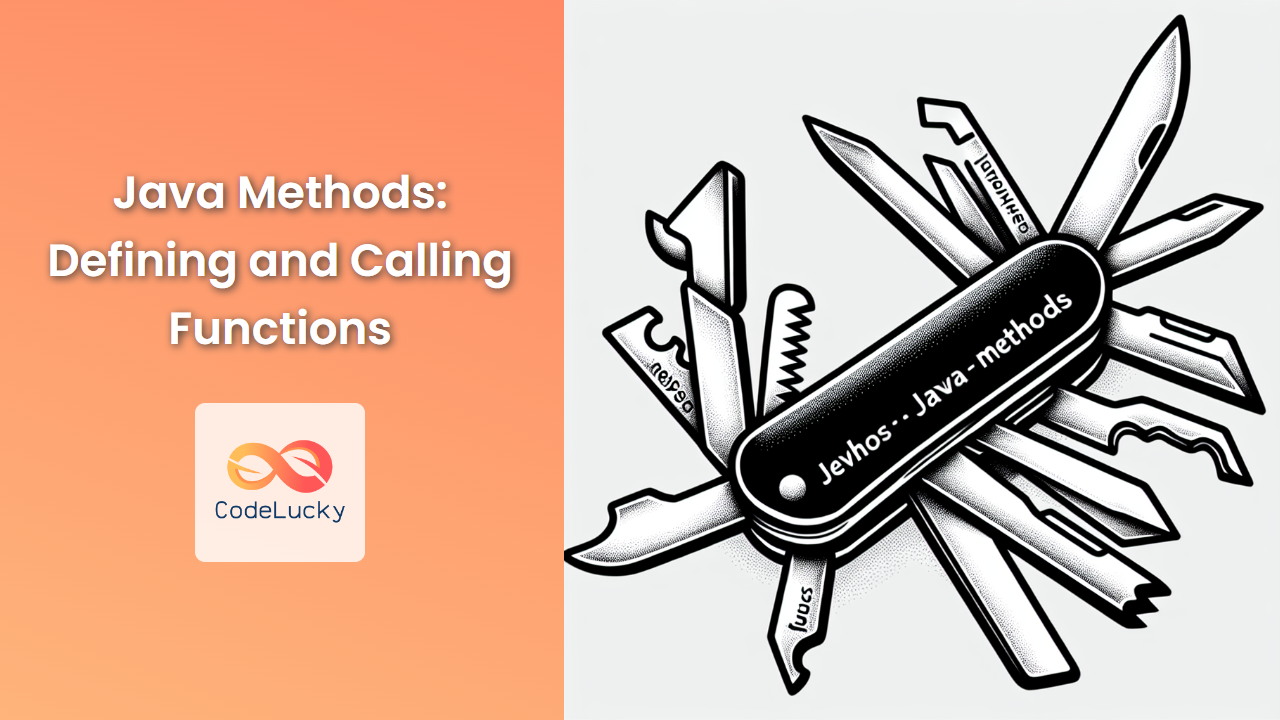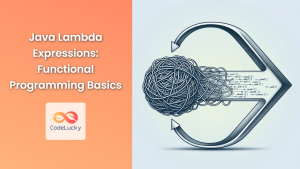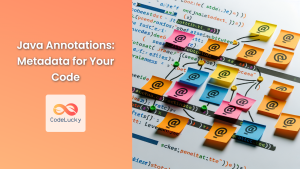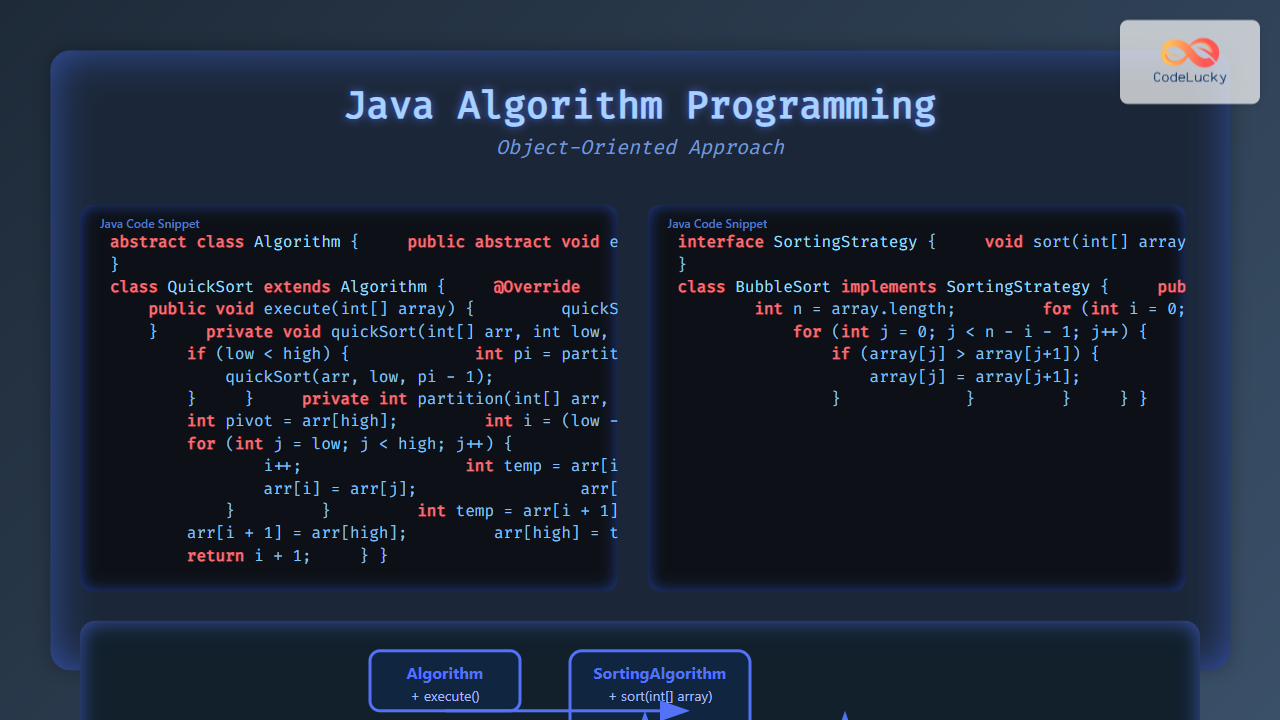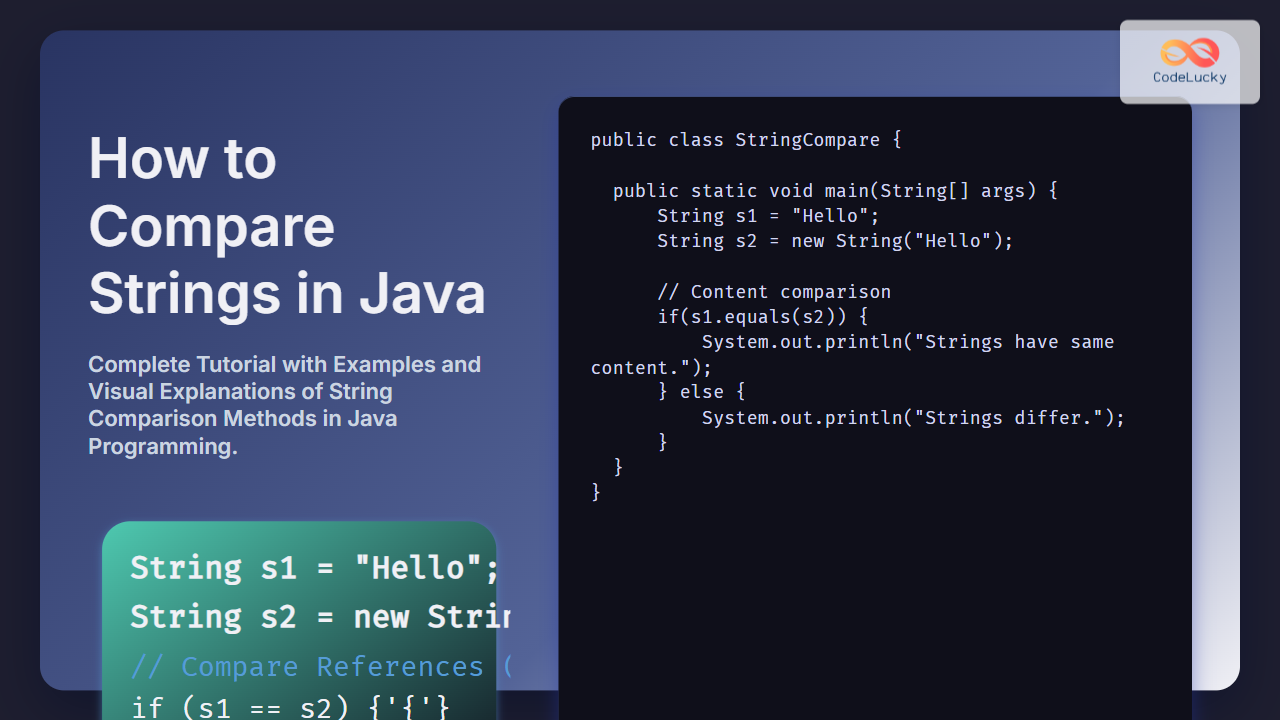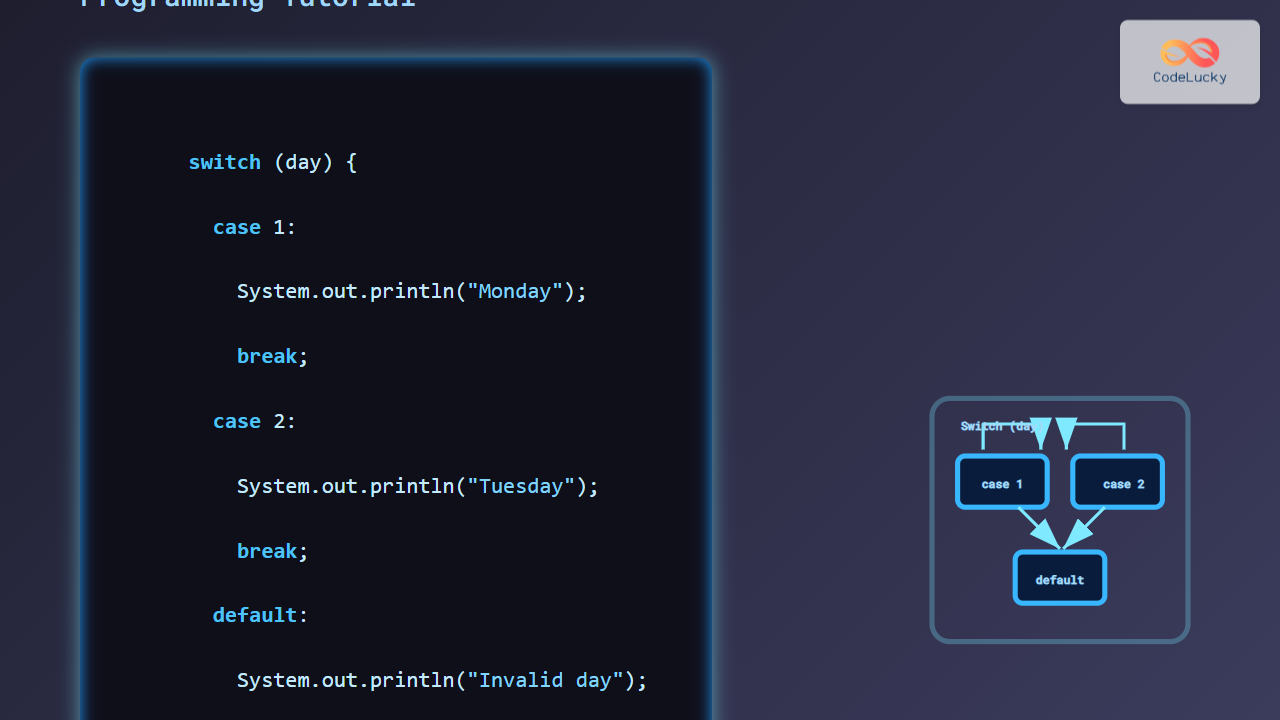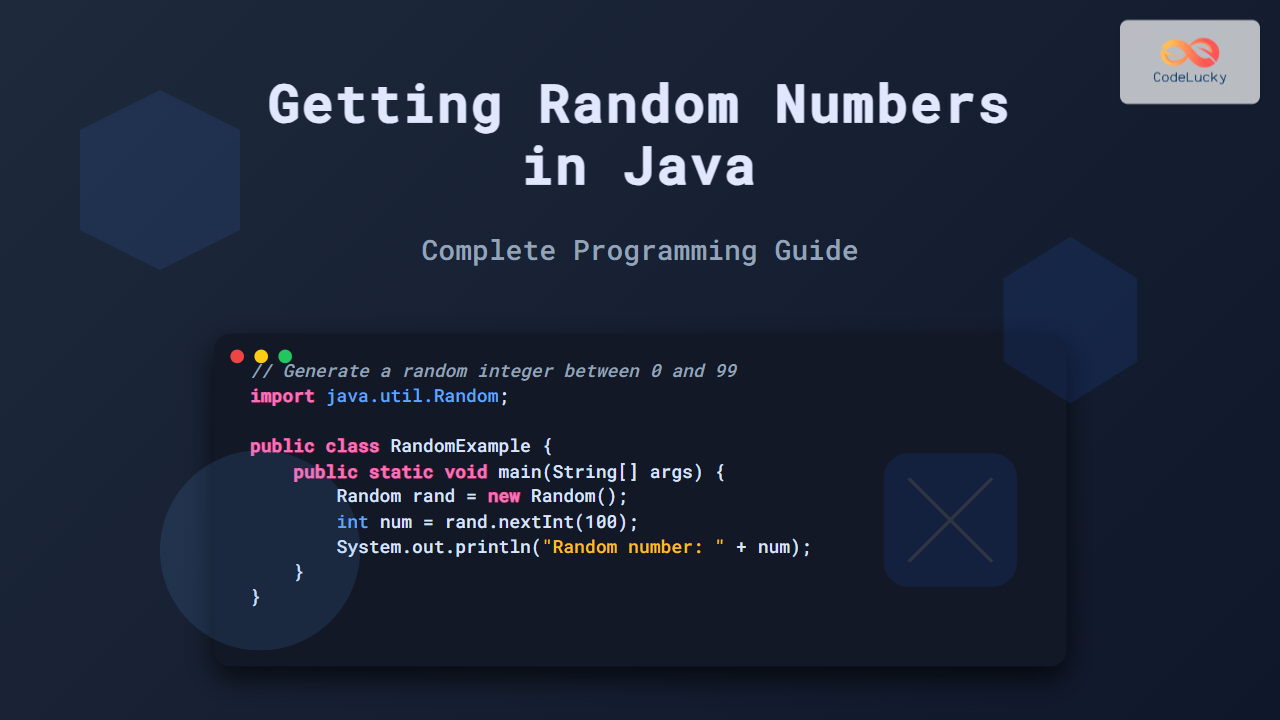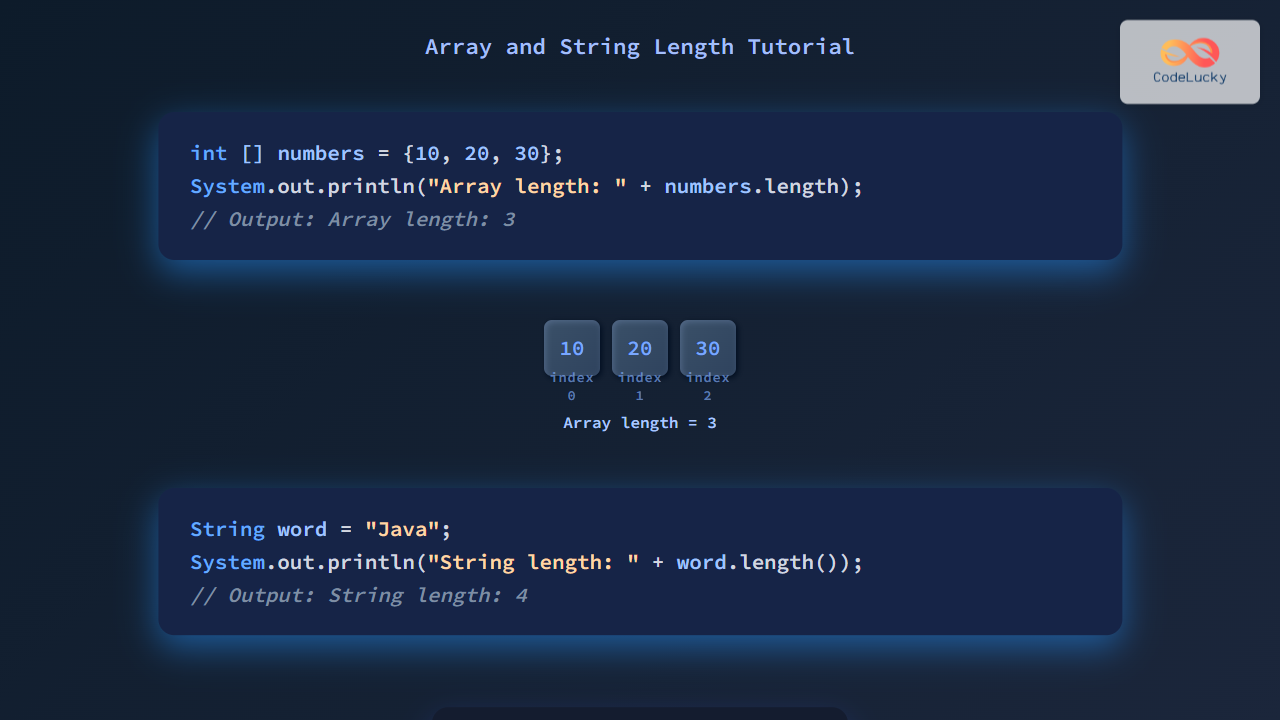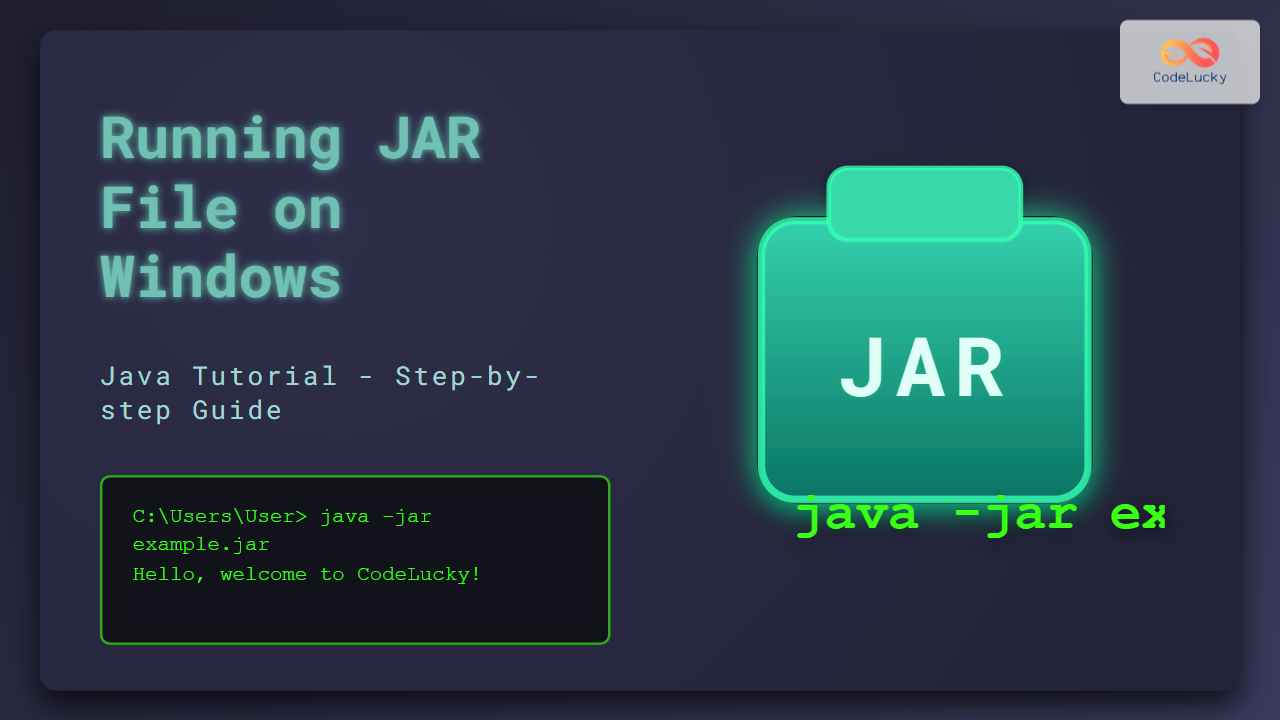Java methods are the building blocks of any Java program, serving as reusable units of code that perform specific tasks. These functions are essential for organizing code, improving readability, and promoting code reuse. In this comprehensive guide, we'll dive deep into the world of Java methods, exploring how to define them, call them, and leverage their power to create efficient and maintainable Java applications.
Understanding Java Methods
🔍 A Java method is a collection of statements that are grouped together to perform a specific operation. Methods are used to modularize code, making it easier to manage and understand large programs. They can be thought of as the verbs of a program, describing the actions that objects can perform.
Here's a simple example of a Java method:
public static void greet() {
System.out.println("Hello, World!");
}
This method, named greet, simply prints "Hello, World!" to the console when called.
Anatomy of a Java Method
Let's break down the components of a Java method:
- Access Modifier: Determines the visibility of the method (e.g.,
public,private,protected). - Return Type: Specifies the type of value the method returns (or
voidif it doesn't return anything). - Method Name: The identifier used to call the method.
- Parameter List: Input values the method accepts (enclosed in parentheses).
- Method Body: The actual code of the method, enclosed in curly braces.
Defining Methods in Java
When defining a method in Java, you need to consider its purpose, inputs, and outputs. Let's explore various ways to define methods:
Methods with No Parameters and No Return Value
public void printWelcomeMessage() {
System.out.println("Welcome to our Java Methods tutorial!");
}
This method doesn't accept any parameters and doesn't return any value. It simply prints a welcome message.
Methods with Parameters
public void greetUser(String name) {
System.out.println("Hello, " + name + "!");
}
This method accepts a String parameter name and uses it to personalize the greeting.
Methods with Return Values
public int addNumbers(int a, int b) {
return a + b;
}
This method takes two integer parameters, adds them, and returns the result.
Methods with Multiple Parameters and Complex Logic
public double calculateBMI(double weight, double height) {
if (height <= 0 || weight <= 0) {
return -1; // Invalid input
}
return weight / (height * height);
}
This method calculates the Body Mass Index (BMI) using weight and height, including input validation.
Calling Methods in Java
Once you've defined a method, you need to know how to call it. The way you call a method depends on whether it's a static method or an instance method.
Calling Static Methods
Static methods belong to the class rather than any specific instance. They can be called directly on the class:
public class MathOperations {
public static int multiply(int a, int b) {
return a * b;
}
public static void main(String[] args) {
int result = MathOperations.multiply(5, 3);
System.out.println("5 * 3 = " + result);
}
}
Output:
5 * 3 = 15
Calling Instance Methods
Instance methods are called on objects of a class:
public class Circle {
private double radius;
public Circle(double radius) {
this.radius = radius;
}
public double calculateArea() {
return Math.PI * radius * radius;
}
public static void main(String[] args) {
Circle circle = new Circle(5);
double area = circle.calculateArea();
System.out.println("Area of circle with radius 5: " + area);
}
}
Output:
Area of circle with radius 5: 78.53981633974483
Method Overloading
Java supports method overloading, which allows you to define multiple methods with the same name but different parameter lists:
public class Calculator {
public int add(int a, int b) {
return a + b;
}
public double add(double a, double b) {
return a + b;
}
public int add(int a, int b, int c) {
return a + b + c;
}
public static void main(String[] args) {
Calculator calc = new Calculator();
System.out.println("5 + 3 = " + calc.add(5, 3));
System.out.println("5.5 + 3.2 = " + calc.add(5.5, 3.2));
System.out.println("1 + 2 + 3 = " + calc.add(1, 2, 3));
}
}
Output:
5 + 3 = 8
5.5 + 3.2 = 8.7
1 + 2 + 3 = 6
Recursive Methods
Recursive methods are methods that call themselves. They can be powerful for solving problems that have a recursive nature:
public class Factorial {
public static long calculateFactorial(int n) {
if (n == 0 || n == 1) {
return 1;
}
return n * calculateFactorial(n - 1);
}
public static void main(String[] args) {
System.out.println("Factorial of 5: " + calculateFactorial(5));
}
}
Output:
Factorial of 5: 120
Method Parameters: Pass-by-Value vs. Pass-by-Reference
🔑 Understanding how Java passes arguments to methods is crucial. Java uses pass-by-value for all primitive data types and object references.
Primitive Types (Pass-by-Value)
public class PrimitiveExample {
public static void modifyValue(int x) {
x = 10;
System.out.println("Inside method: x = " + x);
}
public static void main(String[] args) {
int a = 5;
System.out.println("Before method call: a = " + a);
modifyValue(a);
System.out.println("After method call: a = " + a);
}
}
Output:
Before method call: a = 5
Inside method: x = 10
After method call: a = 5
The value of a remains unchanged because Java passed a copy of its value to the method.
Object References (Pass-by-Value of the Reference)
public class ReferenceExample {
static class Person {
String name;
Person(String name) { this.name = name; }
}
public static void modifyPerson(Person p) {
p.name = "Jane";
System.out.println("Inside method: name = " + p.name);
}
public static void main(String[] args) {
Person person = new Person("John");
System.out.println("Before method call: name = " + person.name);
modifyPerson(person);
System.out.println("After method call: name = " + person.name);
}
}
Output:
Before method call: name = John
Inside method: name = Jane
After method call: name = Jane
The object's state is modified because Java passed a copy of the reference to the method, which still points to the same object.
Best Practices for Java Methods
To write clean, efficient, and maintainable Java code, follow these best practices:
- Single Responsibility: Each method should have a single, well-defined purpose.
- Descriptive Names: Use clear, descriptive names for your methods that indicate their purpose.
- Keep Methods Short: Aim for methods that are 20-30 lines or less. If a method grows too large, consider breaking it into smaller methods.
- Limit Parameters: Try to keep the number of parameters to 3 or fewer. If you need more, consider using a parameter object.
- Use Javadoc Comments: Document your methods with Javadoc comments to explain their purpose, parameters, and return values.
- Handle Exceptions: Use appropriate exception handling to make your methods more robust.
- Avoid Side Effects: Methods should not unexpectedly alter the state of the program or have hidden outputs.
Here's an example incorporating some of these best practices:
/**
* Calculates the area of a rectangle.
*
* @param length the length of the rectangle
* @param width the width of the rectangle
* @return the area of the rectangle
* @throws IllegalArgumentException if length or width is negative
*/
public double calculateRectangleArea(double length, double width) throws IllegalArgumentException {
if (length < 0 || width < 0) {
throw new IllegalArgumentException("Length and width must be non-negative");
}
return length * width;
}
Advanced Method Concepts
As you become more proficient with Java methods, you'll encounter more advanced concepts:
Variable Arguments (Varargs)
Varargs allow you to pass a variable number of arguments to a method:
public class VarargsExample {
public static int sum(int... numbers) {
int total = 0;
for (int num : numbers) {
total += num;
}
return total;
}
public static void main(String[] args) {
System.out.println("Sum of 1, 2, 3: " + sum(1, 2, 3));
System.out.println("Sum of 10, 20: " + sum(10, 20));
System.out.println("Sum of no arguments: " + sum());
}
}
Output:
Sum of 1, 2, 3: 6
Sum of 10, 20: 30
Sum of no arguments: 0
Method References
Method references provide a way to refer to methods without executing them:
import java.util.Arrays;
import java.util.List;
public class MethodReferenceExample {
public static void printUpperCase(String s) {
System.out.println(s.toUpperCase());
}
public static void main(String[] args) {
List<String> names = Arrays.asList("Alice", "Bob", "Charlie");
names.forEach(MethodReferenceExample::printUpperCase);
}
}
Output:
ALICE
BOB
CHARLIE
Default Methods in Interfaces
Java 8 introduced default methods in interfaces, allowing you to add new methods to interfaces without breaking existing implementations:
interface Greeting {
void greet();
default void greetInFrench() {
System.out.println("Bonjour!");
}
}
class EnglishGreeting implements Greeting {
@Override
public void greet() {
System.out.println("Hello!");
}
}
public class DefaultMethodExample {
public static void main(String[] args) {
Greeting greeting = new EnglishGreeting();
greeting.greet();
greeting.greetInFrench();
}
}
Output:
Hello!
Bonjour!
Conclusion
Java methods are fundamental to writing clean, organized, and efficient code. By mastering method definition, calling, and best practices, you'll be well-equipped to create robust Java applications. Remember that practice is key to becoming proficient with Java methods. Experiment with different types of methods, explore advanced concepts, and always strive to write clear, concise, and purposeful code.
As you continue your Java journey, you'll discover that methods are not just about organizing code—they're about crafting elegant solutions to complex problems. Happy coding! 🚀👨💻👩💻

